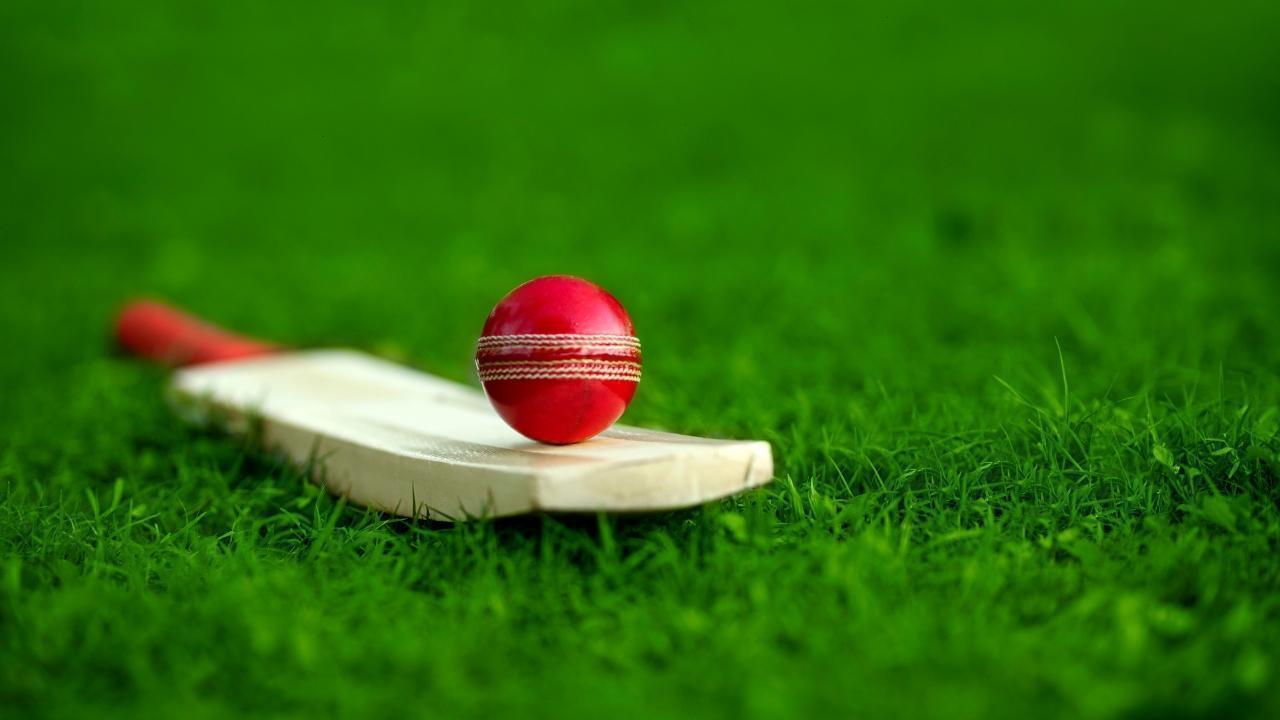
Post by : Priya
The recent withdrawal of the Indian veterans’ cricket team from the semi-final match against Pakistan in the World Championship of Legends (WCL) 2025 has stirred significant reactions in the global cricket community and beyond. The decision, announced just before the scheduled match on July 31, 2025, at Edgbaston Cricket Ground in Birmingham, England, marks a crucial moment in the intersection of sports and geopolitics, reflecting ongoing tensions between the two neighbouring countries.
Background and Context
The World Championship of Legends is a premier veterans’ cricket tournament sanctioned by the England and Wales Cricket Board (ECB), showcasing former cricketing stars from various countries. The 2025 edition saw teams including India Champions and Pakistan Champions — teams consisting of retired cricket legends — competing for the title. The semi-final clash between these two sides is a fixture that naturally attracts immense attention, given the historical and intense cricket rivalry between India and Pakistan.
However, this excitement was overshadowed by geopolitical tensions that have increasingly seeped into the sports arena. The tournament became a stage for political statements, especially after the Indian players refused to face Pakistan in the earlier group-stage encounter. This led to a cancellation of that match and raised concerns about the role of politics in sport. Now, the semi-final withdrawal once again highlights the fragility of sporting ties amid wider political discord.
The Event of Withdrawal
According to sources close to the tournament and multiple credible reports, the Indian veterans’ team officially pulled out of the semi-final match against Pakistan. The decision was influenced by several factors:
Player Sentiment: Many Indian players expressed their unwillingness to compete against Pakistan, citing national sentiment and recent political events. Some key players, such as Shikhar Dhawan and Yuvraj Singh, publicly indicated their reluctance to take the field against the Pakistan side.
Sponsor Withdrawal: EaseMyTrip, a major sponsor associated with the Indian team, publicly announced its withdrawal from sponsorship of the semi-final match due to its stance against normalising relations with Pakistan, especially in light of terrorism concerns. The company’s co-founder, Nishant Pitti, stated, “terror and cricket cannot go hand in hand.”
Geopolitical Tensions: The devastating terror attack in Pahalgam earlier in the year and subsequent escalation in political hostility between India and Pakistan have hardened public and official positions, making sporting engagements highly sensitive. It is important to note that India and Pakistan no longer maintain bilateral cricketing ties, limiting cricket matches to ICC global events.
The consequence of India’s withdrawal made the scheduled semi-final match null, with Pakistan Champions advancing directly to the final. Tournament officials, including the WCL management, expressed respect for the teams’ positions but affirmed the decision.
Sporting and Social Implications
The withdrawal’s impact extends beyond the immediate tournament. It raises crucial questions about the role of sport in peacebuilding and diplomacy versus being a platform for protest and political expression.
Cricket as a Unifying Force: Historically, cricket matches between India and Pakistan have served as moments of temporary thaw in tough diplomatic relations, often celebrated for fostering people-to-people connections. The absence of such encounters even in veteran tournaments represents a lost opportunity for informal diplomacy and peace messaging.
The Influence of Tensions on Sports: The incident underscores how intensified political disputes directly affect international sports fixtures. Limited interaction diminishes sporting excellence and denies fans cherished contests that transcend politics.
Sponsorship and Commercial Pressures: The sponsorship withdrawal signals how businesses aligning with national sentiments can influence sporting engagements and decisions, placing economic pressure on players and organisers alike.
Athlete Autonomy and National Sentiment: Veteran players, now acting not just as sportsmen but as representatives of collective sentiments, illustrate how athletes can wield their agency in political matters, reaffirming the complex relationship between sports and identity.
Broader Geopolitical Context
India-Pakistan relations have long been marked by conflict, mistrust, and rivalry, rooted in historical partition and subsequent wars. Despite intermittent peace efforts, security concerns, particularly surrounding terrorism, continue to fuel hostility.
The Pahalgam terror attack in 2025 escalated tensions, impacting not just diplomatic but cultural and sporting exchanges. This situation reflects a continuing environment where sporting ties are collateral in geopolitical conflicts, making collaboration difficult.
Effective diplomacy through sport has become increasingly challenging, and cricket — often viewed as the emotional bridge between the two nations — is now also a casualty of these tensions.
Reflections on the Future of India-Pakistan Sporting Relations
The Indian veterans’ withdrawal from the WCL semi-final is emblematic of a broader standoff in India-Pakistan cricketing relations. Currently, matches between the two countries occur only in global ICC events under neutral venues or hybrid hosting frameworks, such as playing India’s matches in Dubai during ICC tournaments hosted by Pakistan.
Moving forward, several possibilities emerge:
Continued Boycotts: With prevailing political climates, sports boycotts may continue to be a preferred symbolic gesture by players and sponsors.
Neutral Venue Matches: Matches may be limited to ICC tournaments with neutral grounds, avoiding direct bilateral series unless diplomatic breakthroughs occur.
Sporting Diplomacy Efforts: Civil society and sports organizations may intensify efforts to separate sport from politics, advocating for cricket’s role in fostering dialogue and understanding.
Veterans as Ambassadors: Former players, often respected beyond politics, could play a unique role in promoting peace and friendly competition.
India cricket team withdrawal
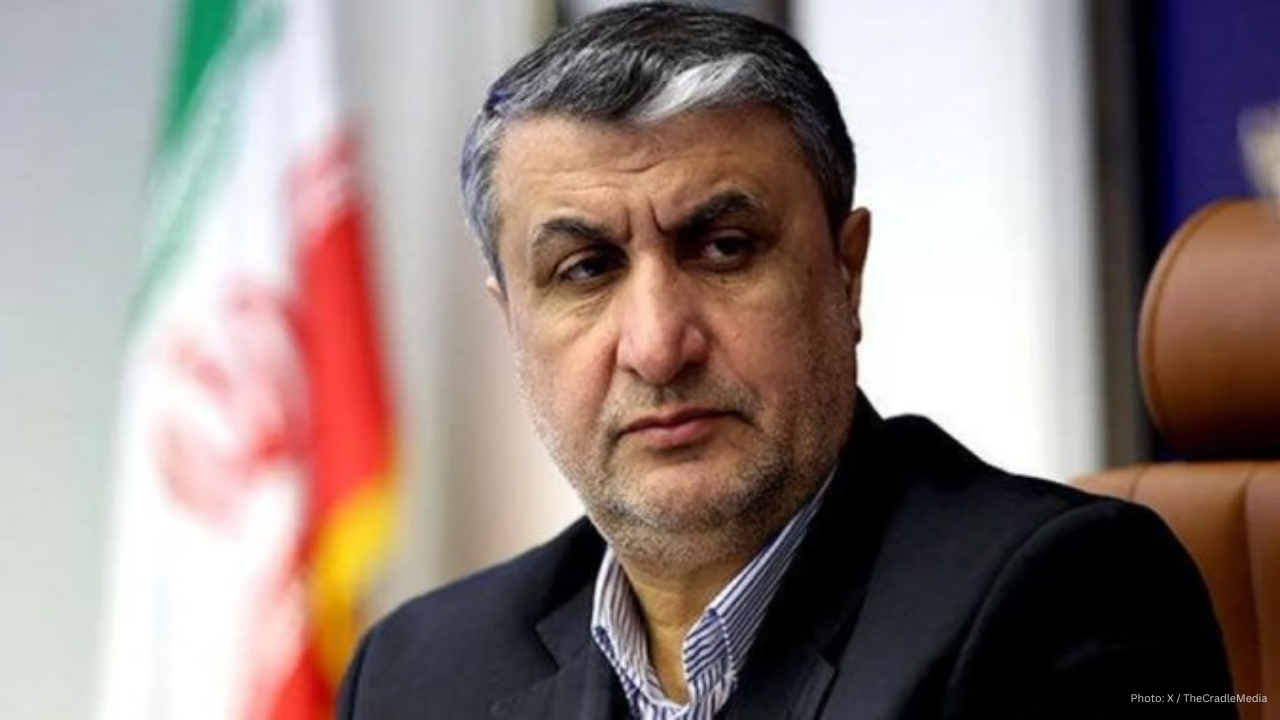
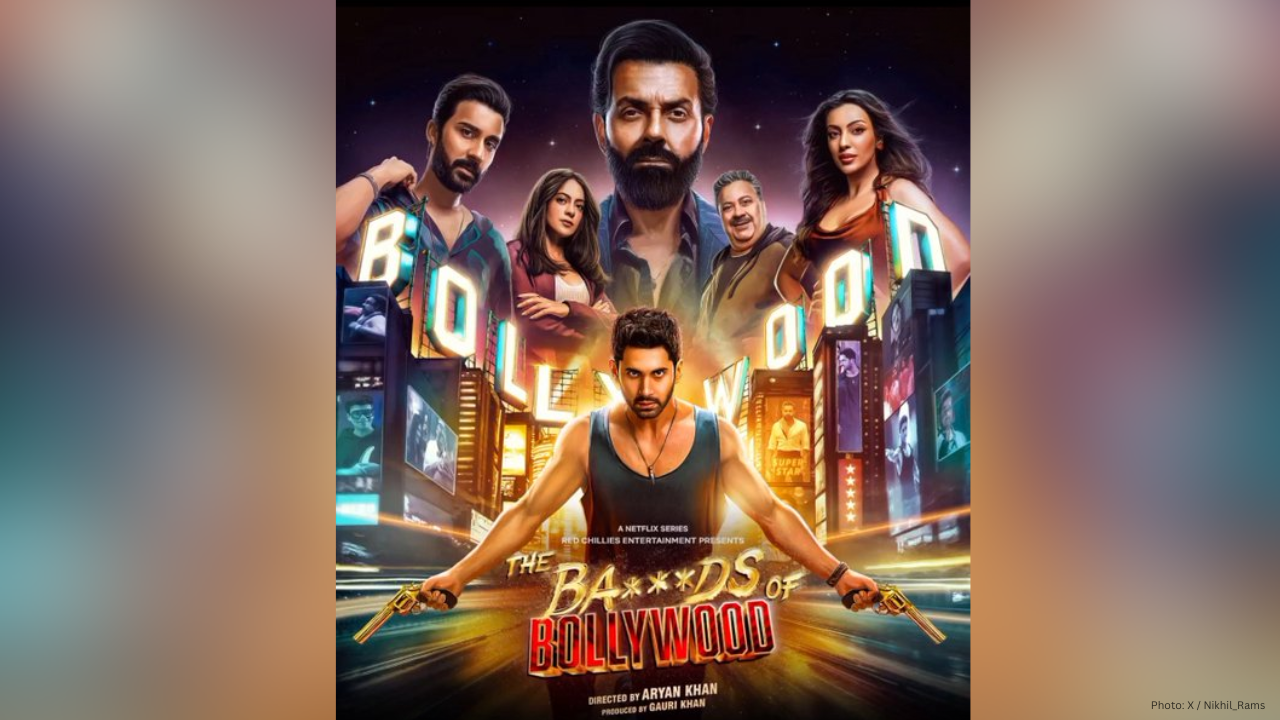
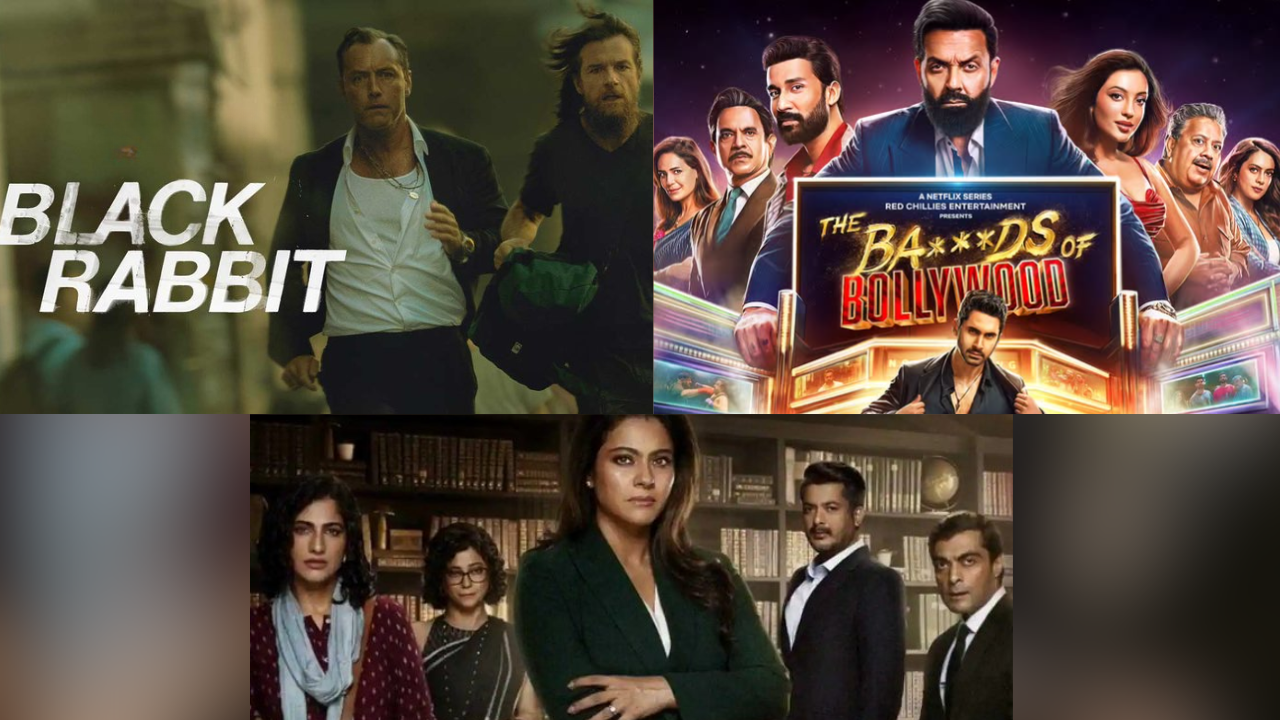

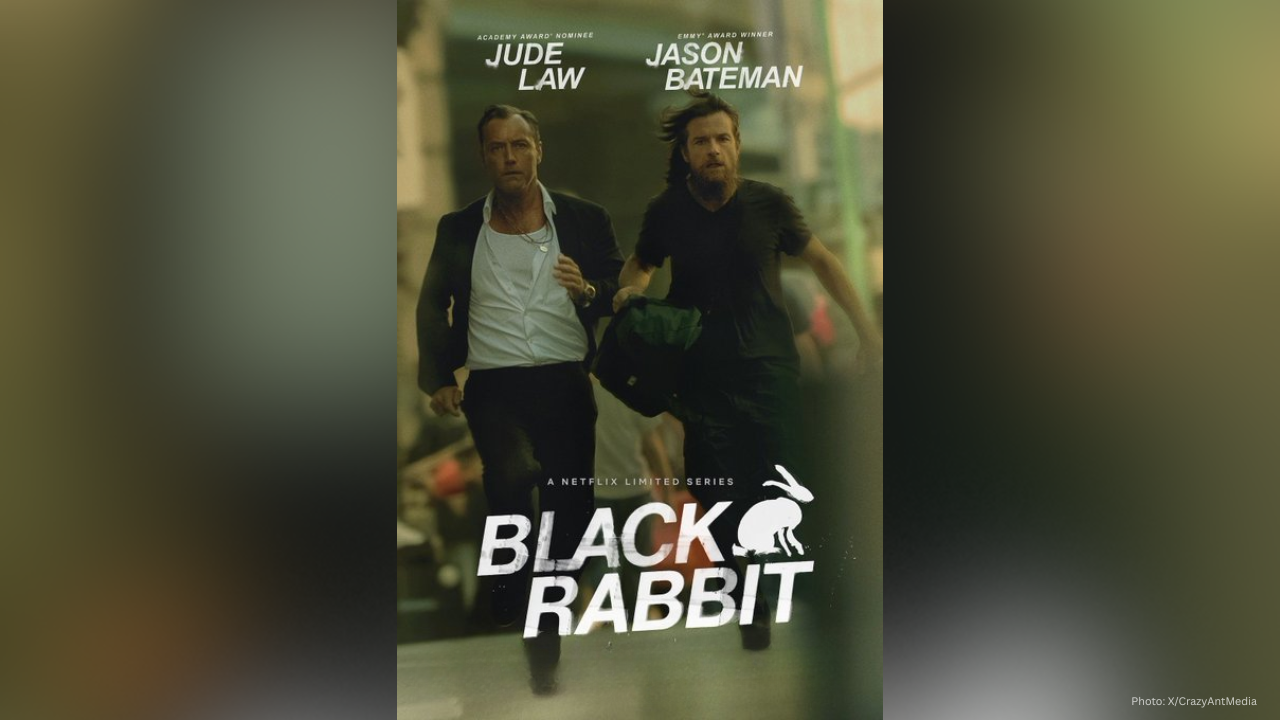
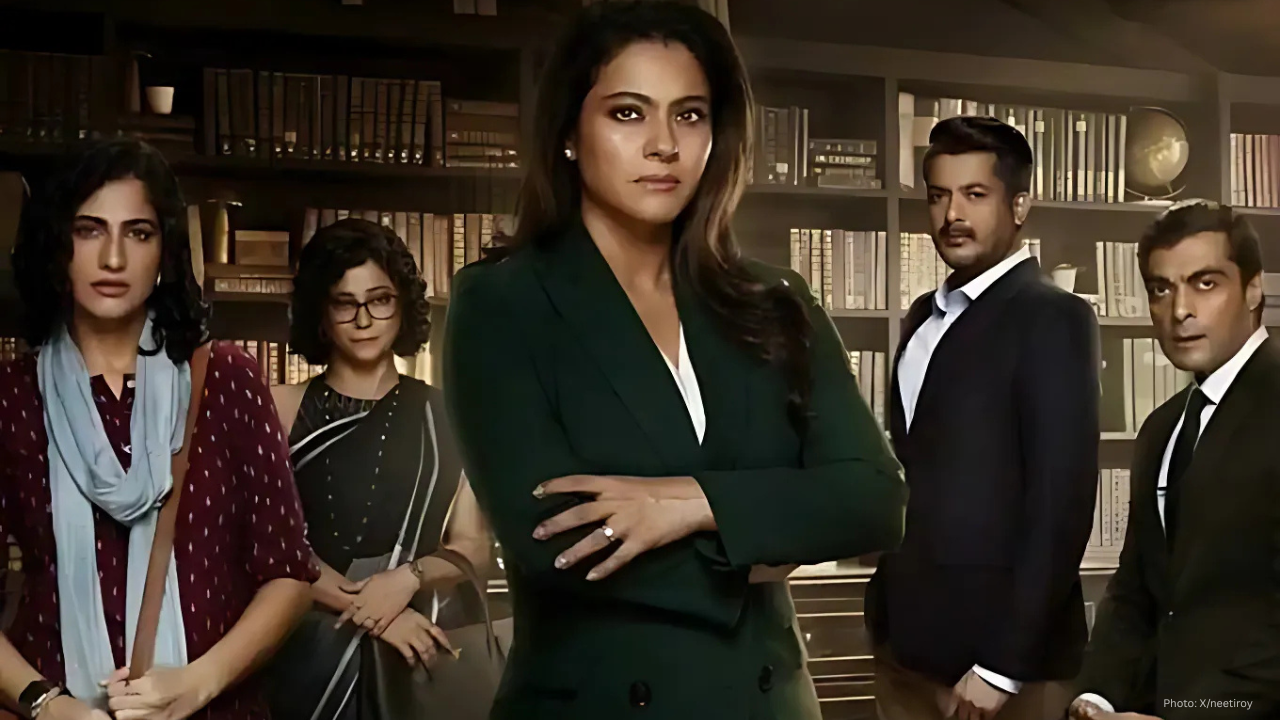
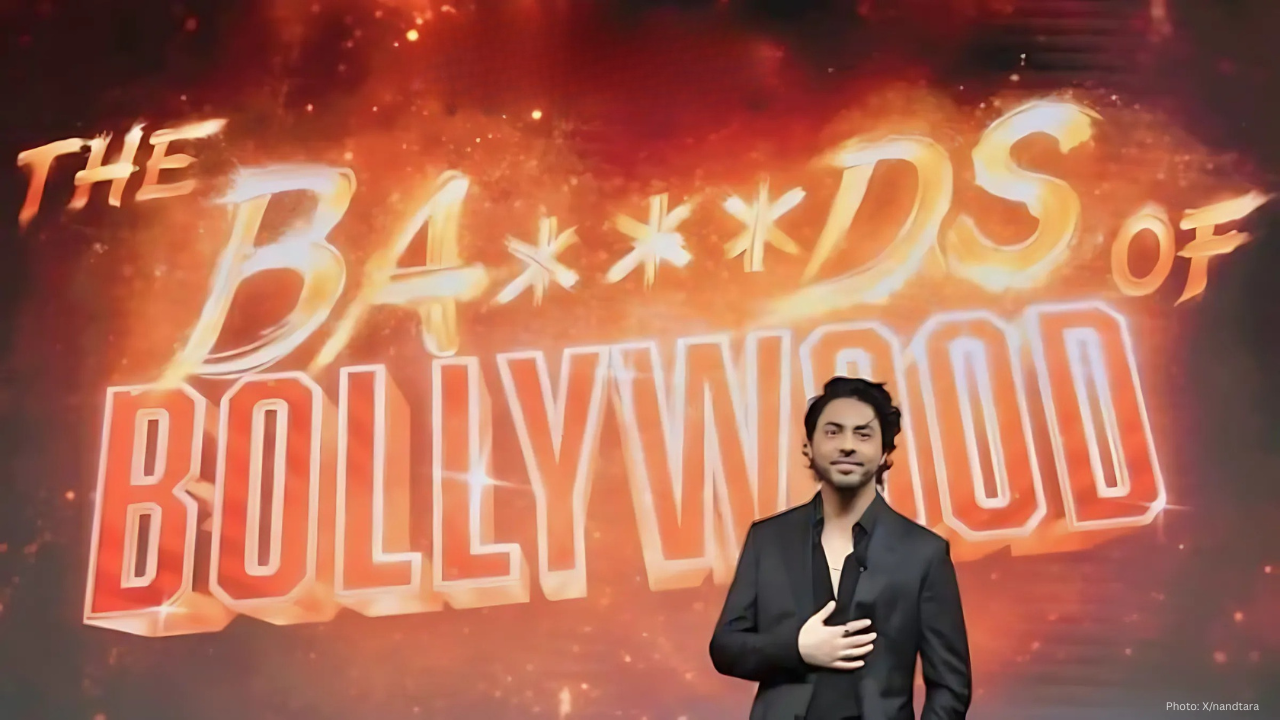
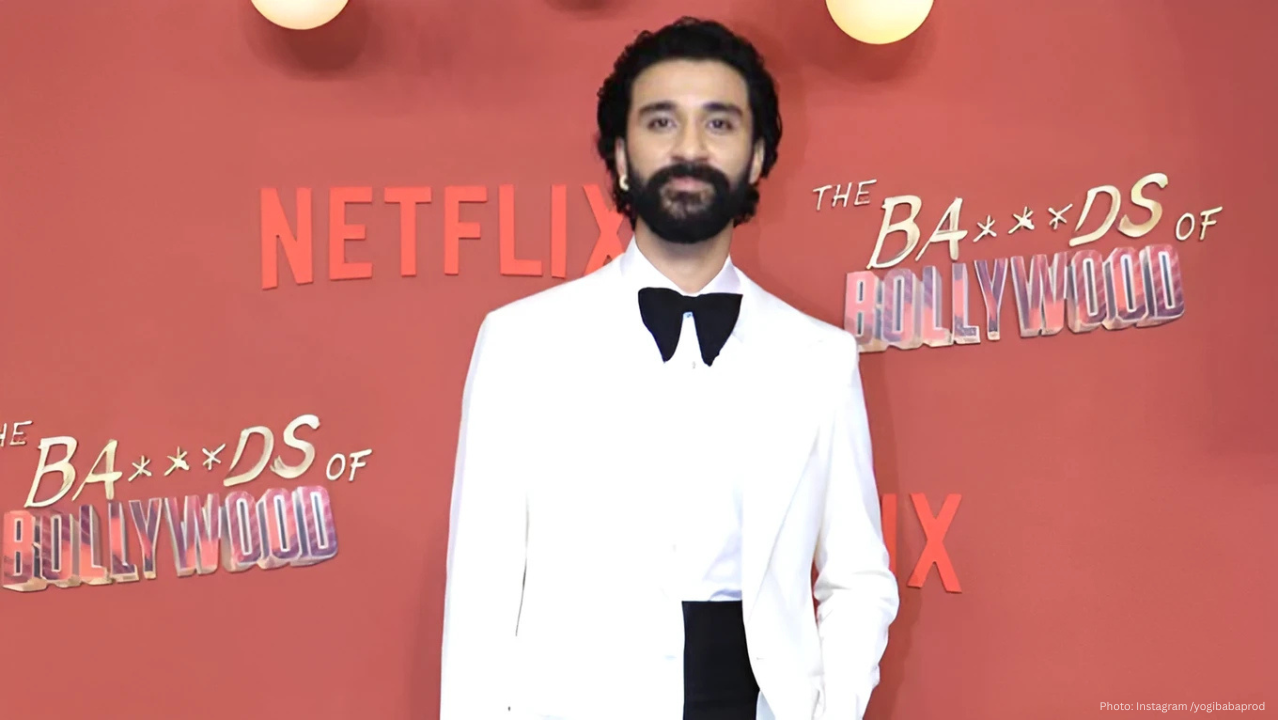


Tabreed and Johnson Controls Partner to Launch Advanced Cooling Tech
Tabreed joins Johnson Controls to improve energy efficiency and eco-friendly district cooling in the

Nissan Develops Advanced Self-Driving Cars for City Streets by 2027
Nissan is testing smart self-driving cars that can handle city traffic, pedestrians, and red lights
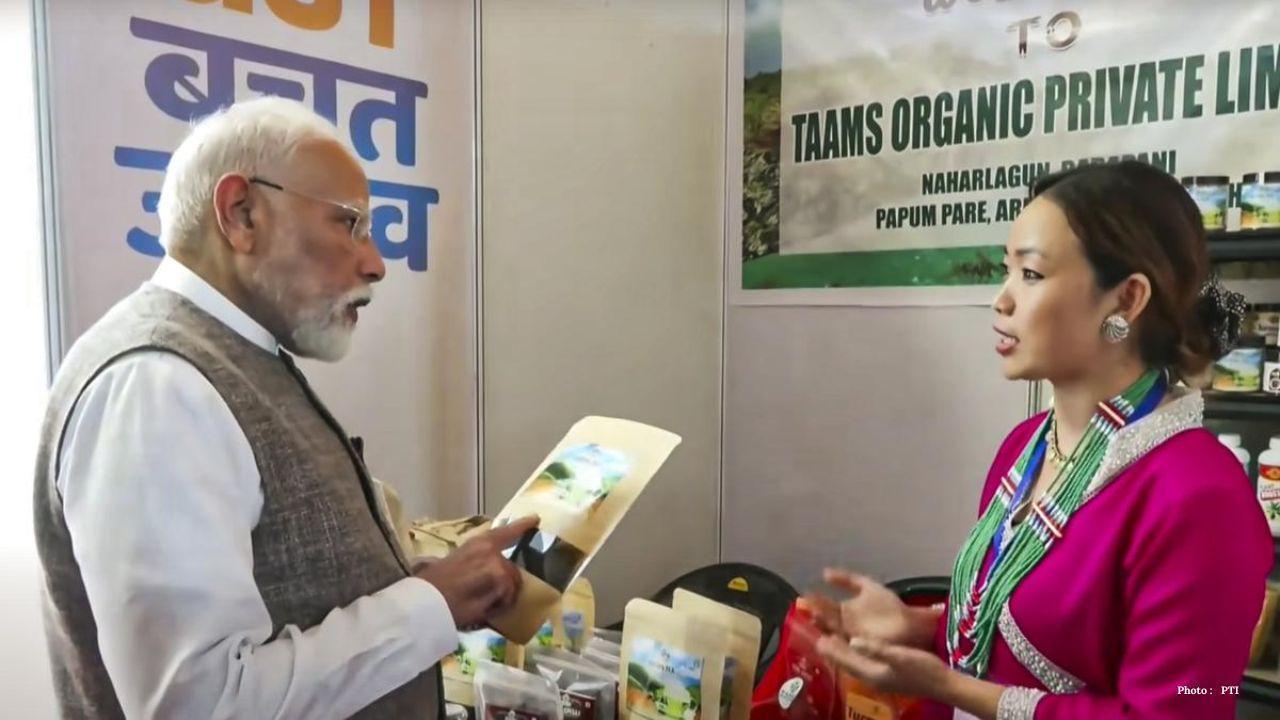
PM Modi Supports Local Entrepreneurs in Arunachal
PM Modi interacts with Arunachal entrepreneurs, reviews local products, and highlights GST reforms a
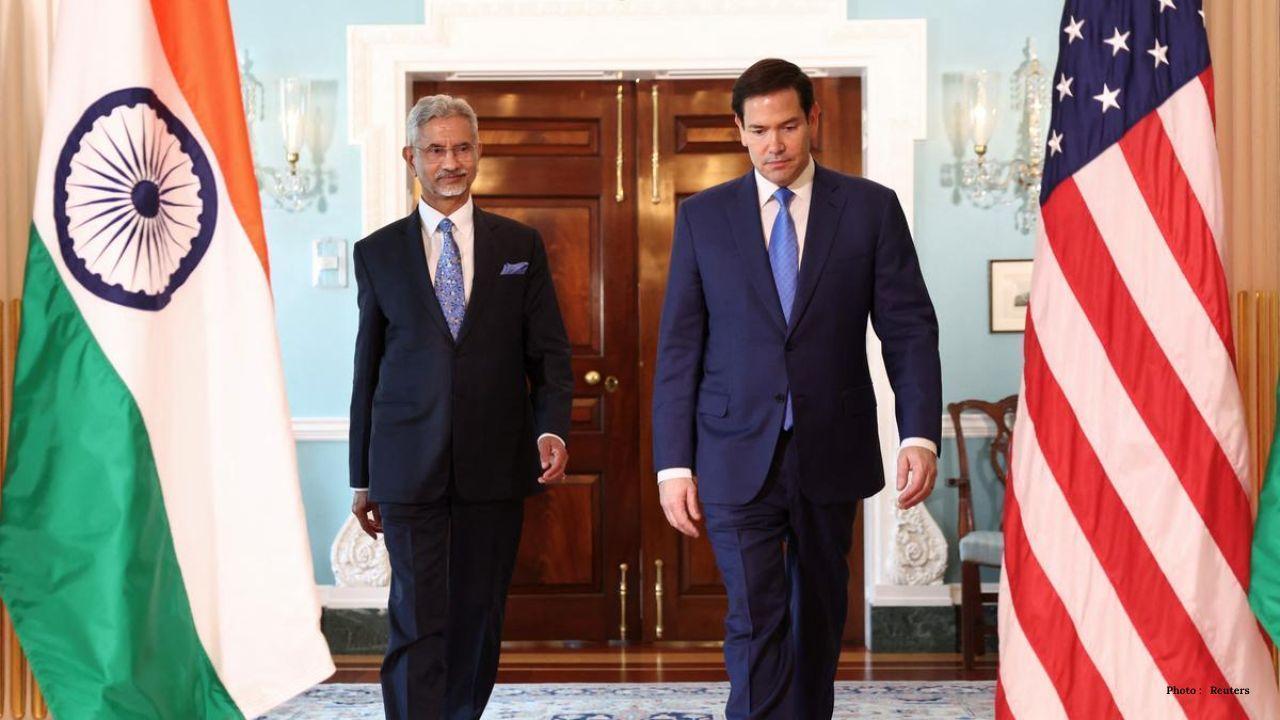
India-U.S. Talks Jaishankar to Meet Rubio During UNGA 2025
India’s External Affairs Minister Jaishankar will meet U.S. Secretary Rubio in New York to discuss t

Abu Dhabi Parks Transform Into Outdoor Learning Hubs
Abu Dhabi parks now serve as open-air classrooms, teaching students about nature, sustainability, an
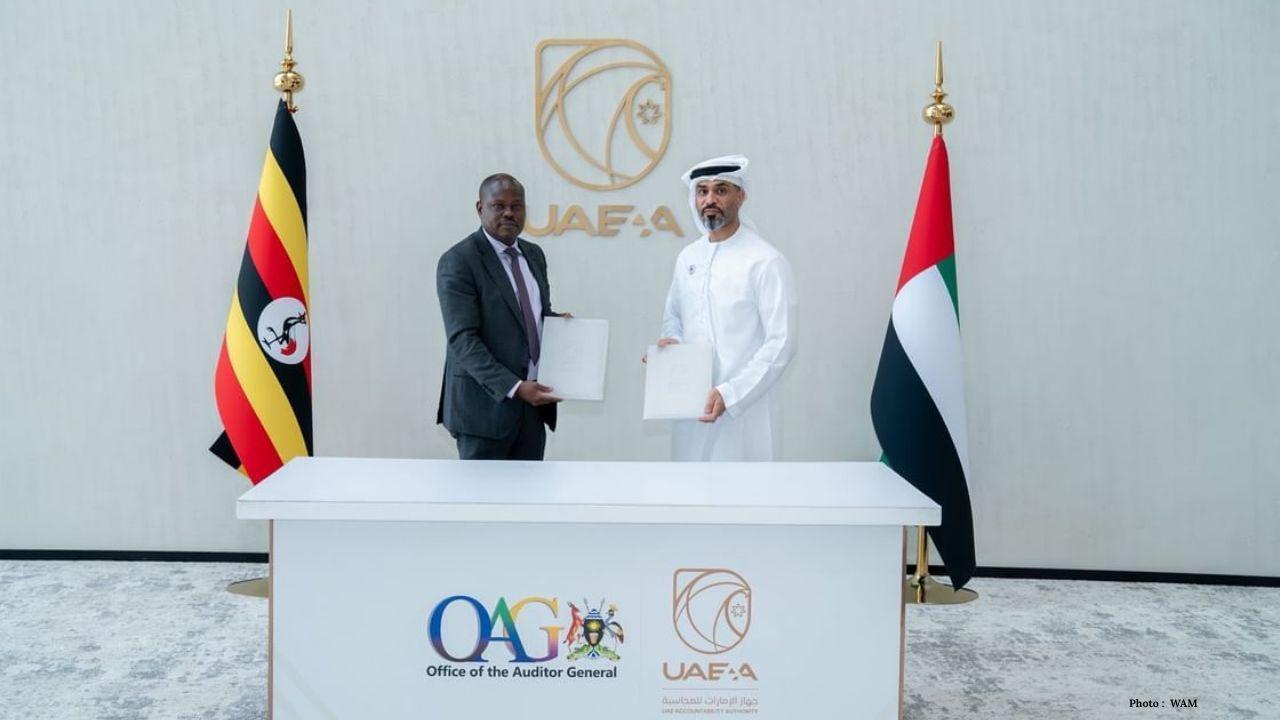
UAE signs audit deals with Seychelles and Uganda to boost oversight
UAE strengthens global audit ties with Seychelles and Uganda to share expertise, enhance transparenc